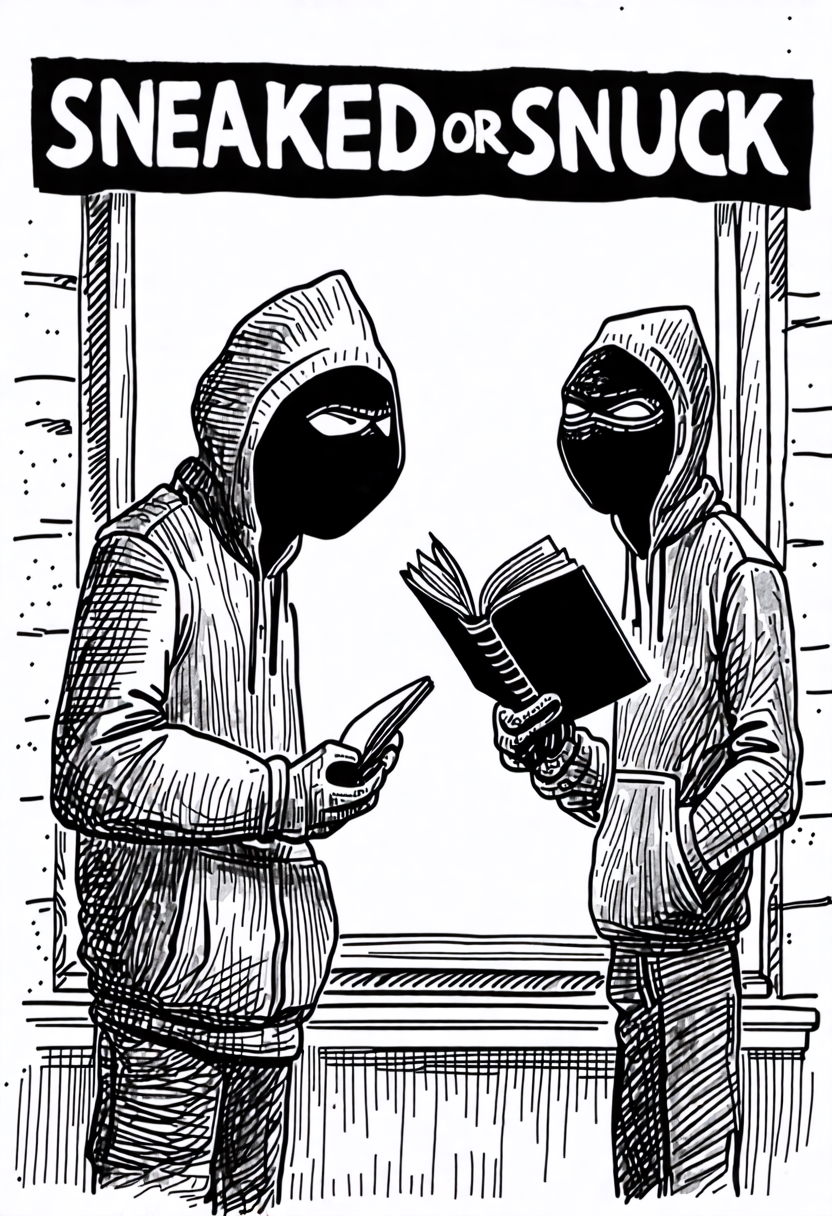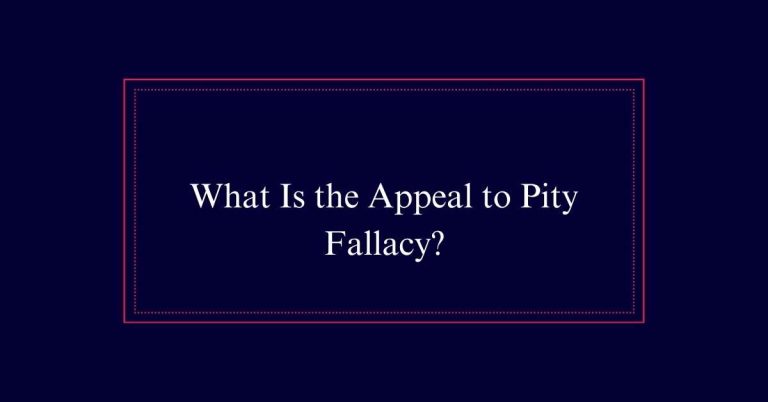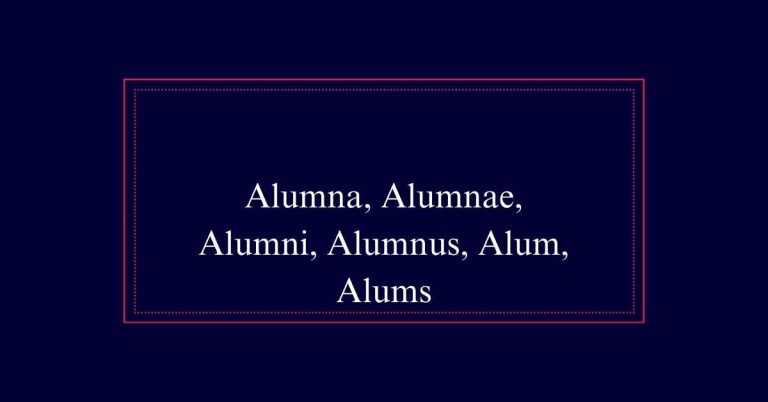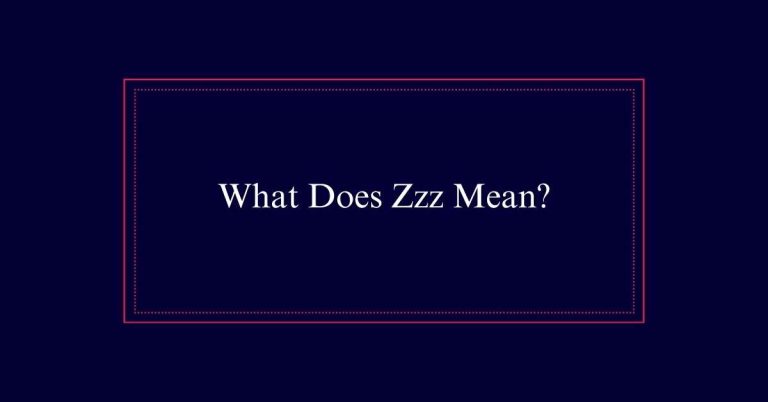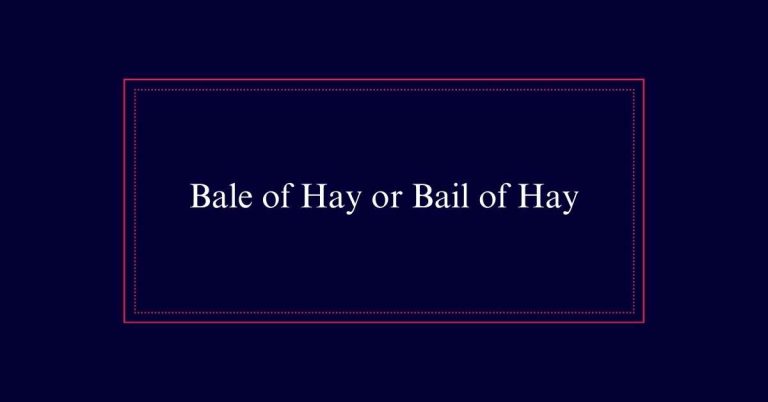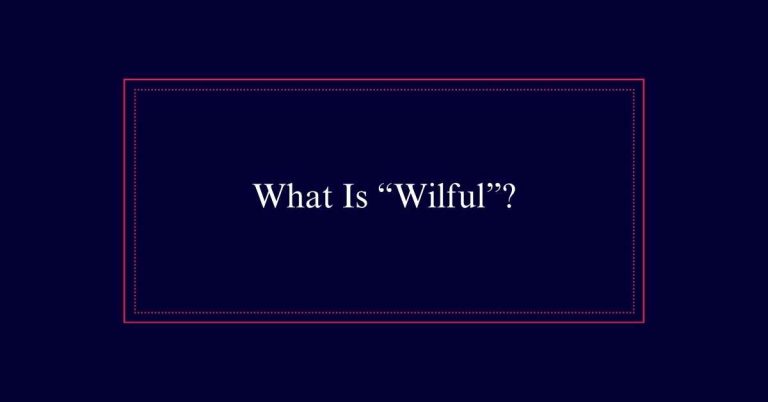Sneaked or Snuck?
Both ‘sneaked’ and ‘snuck’ are correct past tense forms of the verb ‘sneak.’ ‘Sneaked’ is the traditional form and is often used in formal writing and British English. On the other hand, ‘snuck’ is an informal variant that has gained popularity, especially in American English, and is widely accepted in modern language.
While ‘sneaked’ follows regular past tense construction, ‘snuck’ has become more common in everyday speech. Language trends show increasing global use of ‘snuck,’ reflecting evolving language norms.
Definition of Sneak
Sneak is a verb that means to move quietly and stealthily to avoid detection. It conveys the idea of moving in a secretive or furtive manner, often to avoid being seen or heard. This action is typically undertaken with caution and precision.
The term is commonly used to describe actions where discretion and subtlety are required, such as tiptoeing into a room or slipping away unnoticed. Sneak can also imply a sense of mischief or deceit, depending on the context. For example, someone might sneak a look at a confidential document or sneak out of a meeting early.
Regular Past Tense: Sneaked
In formal writing, the past tense form ‘sneaked’ is frequently preferred. This preference is due to its status as the regular past tense of the verb ‘sneak.’ Regular verbs typically form their past tense by adding -ed, making ‘sneaked’ the grammatically conventional choice.
Its usage is widely accepted in academic and professional contexts, aligning with the standard rules of English grammar. Style guides often recommend ‘sneaked’ to maintain formality and clarity in writing. Despite the emergence of alternative forms, ‘sneaked’ remains the default in many style manuals.
Irregular Past Tense: Snuck
Despite its informal origins, ‘snuck’ has gained significant acceptance in everyday language. It is an irregular past tense form of the verb ‘sneak’. While some consider it non-standard or colloquial, ‘snuck’ is widely recognized and used, especially in North America.
Dictionaries list it as a legitimate word, though they note its informal status. The term is generally avoided in formal writing, where ‘sneaked’ is preferred. However, in casual conversation and informal texts, ‘snuck’ is commonly accepted.
Historical Usage Trends
The evolution of ‘sneaked’ and ‘snuck’ reflects broader trends in the development of the English language.
Historically, ‘sneaked’ has been the standard past tense of ‘sneak,’ following regular verb conjugation patterns. However, ‘snuck’ emerged in the late 19th century in American English. This irregular form gained popularity due to its catchy, succinct nature.
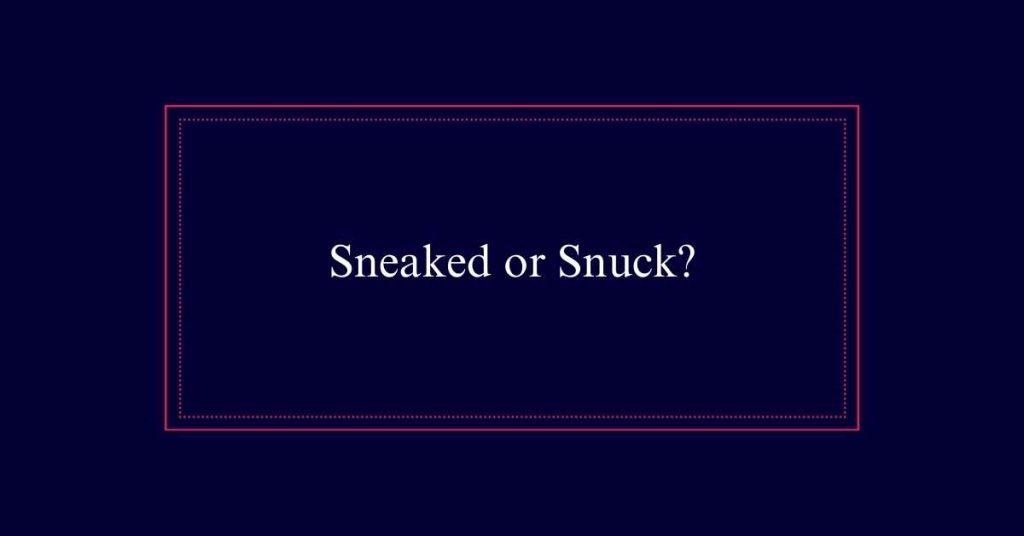
Linguists suggest that language tends to simplify over time, leading to the acceptance of ‘snuck.’ Despite initial resistance, ‘snuck’ has been increasingly used in informal contexts. Over the last few decades, it has appeared more frequently in literature and media, demonstrating its growing acceptance.
Is Snuck a Real Word?
Therefore, snuck is indeed a legitimate word, recognized as an informal or colloquial past tense of sneak. While sneaked is the regular form, snuck has gained acceptance over time. It appears in many dictionaries and is understood by most English speakers. However, it is often marked as informal or non-standard.
In formal writing, style guides usually recommend using sneaked. Despite this, snuck is widely used in everyday conversation and informal contexts. Its usage is more common in American English. No authority can completely ban its use, and many people find snuck to be more natural.
Regional Preferences
While snuck is widely accepted in informal contexts, regional preferences play a significant role in determining its usage. In the United States, snuck is commonly used and widely accepted even in semi-formal settings.
Conversely, in the United Kingdom, sneaked is preferred, and snuck is often viewed with skepticism. Canadian English tends to align more with American usage, accepting snuck in informal speech. Australian English, similar to British English, leans towards using sneaked.
Understanding these preferences helps in choosing the appropriate term based on the audience and context.
- United States: Snuck is commonly accepted.
- United Kingdom: Sneaked is preferred.
- Canada: Snuck is widely used.
- Australia: Sneaked is more common.
- Global Trend: Increasing acceptance of snuck in informal speech.
Formal Vs. Informal Use
When considering formal versus informal use, understanding the context in which each form of the past tense of ‘sneak’ is important.
In formal writing, ‘sneaked’ is generally preferred. This form aligns with the regular past tense structure and is considered more standard. Formal documents, academic papers, and professional correspondence typically use ‘sneaked’ to maintain a polished tone.
On the other hand, ‘snuck’ is more commonly used in informal settings. It is frequently found in everyday conversation, casual writing, and creative works. While both forms are grammatically correct, choosing between ‘sneaked’ and ‘snuck’ depends largely on the level of formality required by the context.
Style Guide Recommendations
Given the preference for ‘sneaked’ in formal writing, style guides often recommend its use over ‘snuck’. Various style guides have specific recommendations to guarantee clarity and consistency in writing.
- The Chicago Manual of Style: Advises using ‘sneaked’ for formal contexts.
- The Associated Press Stylebook: Recommends ‘sneaked’ to maintain a professional tone.
- The Guardian and Observer Style Guide: Prefers ‘sneaked’ for consistency.
- The New York Times Manual of Style and Usage: Suggests ‘sneaked’ to avoid informality.
- Garner’s Modern English Usage: Endorses ‘sneaked’ for polished writing.
Examples in Sentences
Both ‘sneaked’ and ‘snuck’ can be used interchangeably in various contexts to convey the act of moving stealthily. Here are some examples to illustrate their usage:
| Sentence with ‘Sneaked’ | Sentence with ‘Snuck’ | Context |
|---|---|---|
| I sneaked out to watch it. | I snuck out to watch it. | Leaving quietly |
| Antonio sneaked in at the back post. | Antonio snuck in at the back post. | Sports commentary |
| She sneaked a peek at the gift. | She snuck a peek at the gift. | Curious behavior |
| They sneaked past the guards. | They snuck past the guards. | Avoiding detection |
| He sneaked into the meeting. | He snuck into the meeting. | Entering unnoticed |
Ongoing Debate
The debate over whether to use ‘sneaked’ or ‘snuck’ continues to divide language enthusiasts and professionals. While ‘sneaked’ is the traditional and formal past tense, ‘snuck’ has gained popularity in everyday speech. This divergence has led to differing opinions on proper usage.
- Formal vs. Informal: ‘Sneaked’ is preferred in formal contexts, while ‘snuck’ is common in casual conversation.
- Geographical Preferences: ‘Snuck’ is widely accepted in the U.S., but less so in the U.K.
- Style Guides: Many style guides recommend ‘sneaked’ for professional writing.
- Evolving Language: Language evolves, and ‘snuck’ reflects this change.
- Public Opinion: Some view ‘snuck’ as incorrect, while others embrace its colloquial charm.
